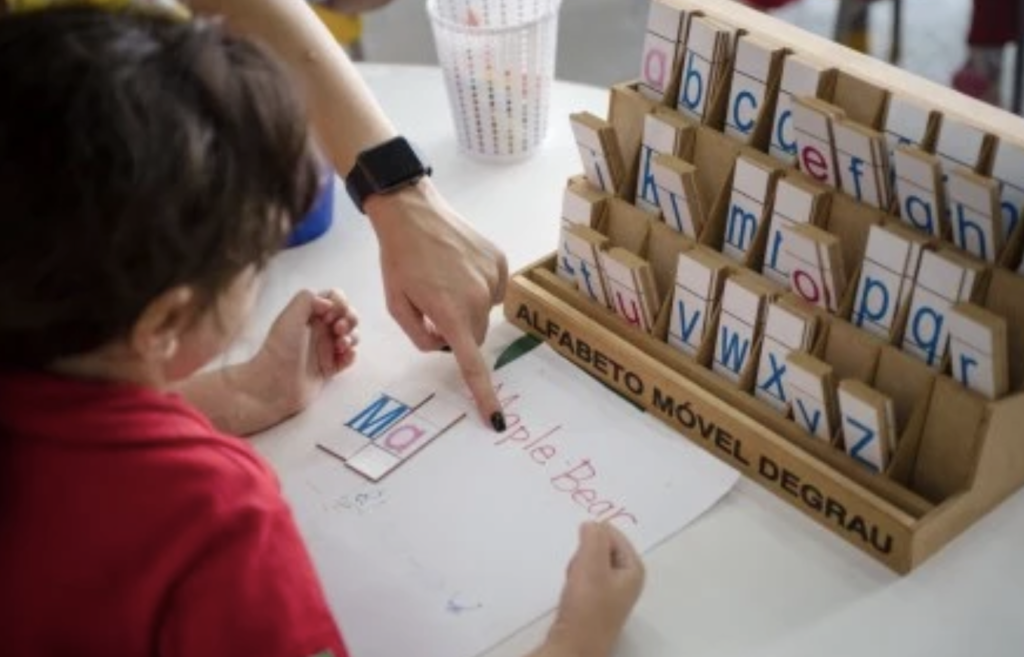
The Maple Bear company, a network of Canadian schools, plans to open 100 schools with bilingual education in Latin America by 2025, especially in Panama, Costa Rica and Mexico.
As part of its strategy, Maple Bear published a new report that highlights the importance of investment in education for the economic and social growth of: Panama, Colombia, Mexico, Ecuador, Uruguay, Chile and Bolivia. The company hopes that the report will start a new conversation about how Latin American countries, such as Panama, can better build the education of the future.
This World Economic Forum study “Catalize education”, is aimed at parents, teachers, investors and education experts who cover various topics such as the impact and economic benefits of bilingual education in English; how the different levels of investment in education have impacted Latin American countries and the lessons learned from Covid-19.
Although the report focuses on seven different countries from all corners of the Continent, Maple Bear’s report points out common challenges and opportunities that currently unify Latin America and that have also been highlighted by some of the most important authorities in terms of investment in education.
The report also recognizes how new technological advances and data-driven support mechanisms that were widely adopted during the pandemic have the potential to address the global education crisis after Covid-19.
The document also calls for the vital role of private investment as a key factor in improving access to education, stating: “The private sector has an important role to play in addressing the world’s most pressing economic and social problems. As part of this responsibility, companies should commit to investing in the education of the next generation of talent.”
Maple Bear executive Natalia Tieso points out that the study reinforces the importance and interest that the institution has in the region: “We are especially interested in getting in touch with education experts and Panama leaders for their great potential in that sector.”
According to Natalia, Panama is a country in which Maple Bear actively seeks to have an impact, and is one of the seven countries included in its recent study. Panama, as well as Costa Rica, have a lot in common, since they are high-income countries with enormous potential for future growth in high-quality education. However, Panama currently invests only 3.91% of its GDP in education, below the regional and global average.
A recent report by the International Monetary Fund (IMF) states that Panama has the potential to “perhaps become the first advanced economy in Latin America,” but that it will depend on “human capital and innovation that enhances the total productivity of factors,” including the recommendation that “in the medium and long term, the quality of education must be improved.”
“We are looking forward to hearing parents, teachers, experts and investors interested in discussing our study, our recommendations and how we can work together to build the education of the future at a challenging but extremely exciting time for the country, and for the region as a whole.”